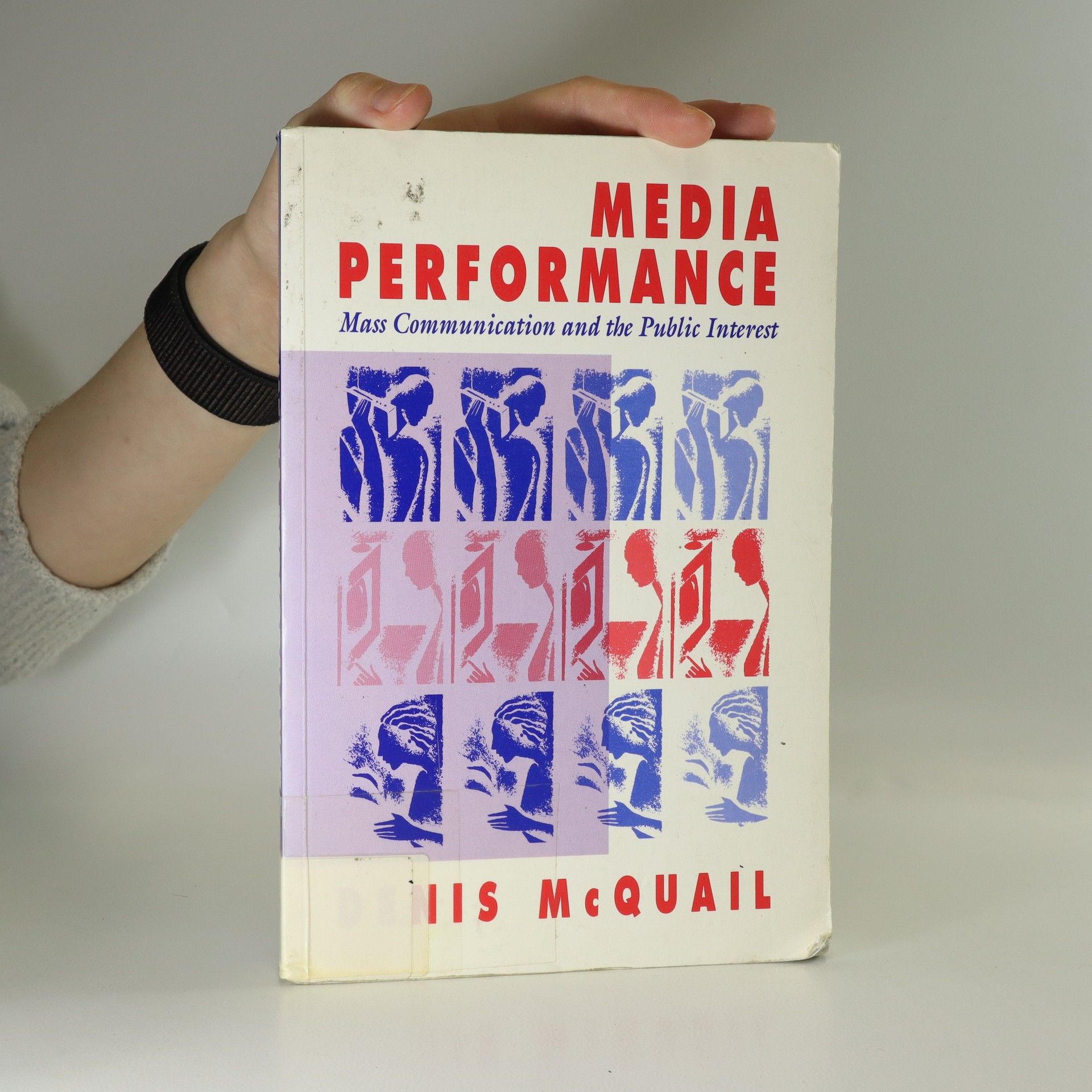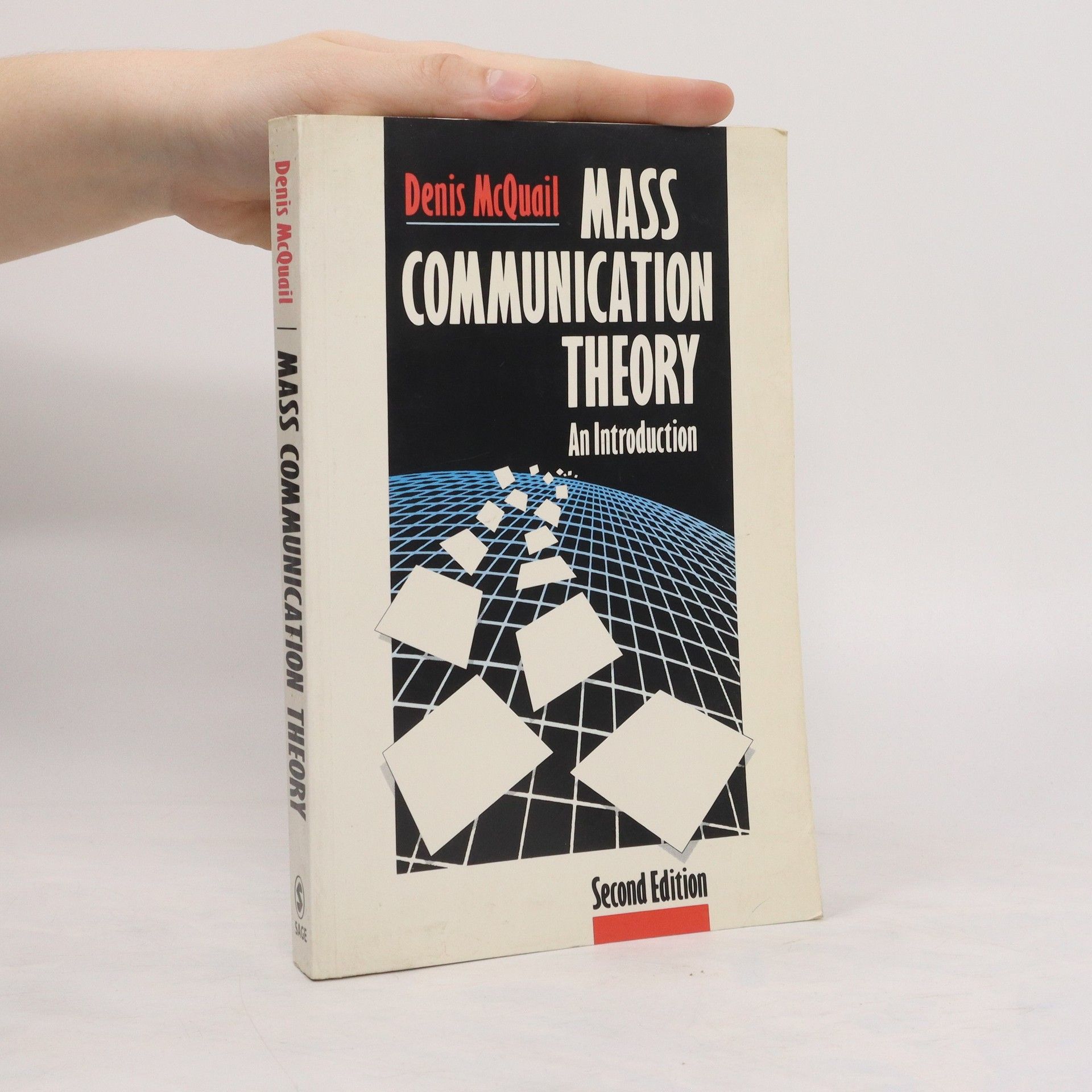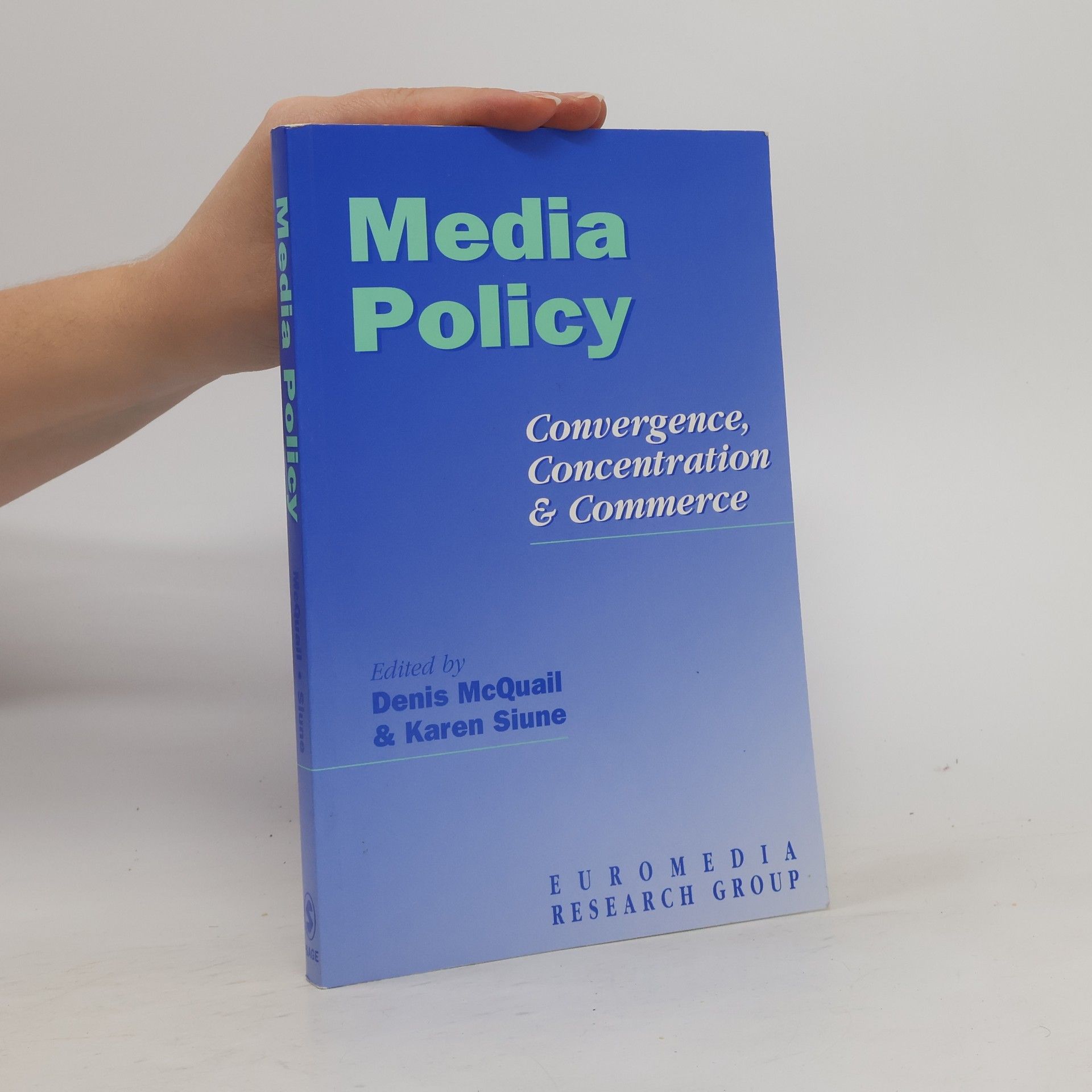Žurnalistika a společnost
- 256 pages
- 9 hours of reading
Žurnalistika dnes čelí jedné z největších výzev ve své historii. Nové komunikační možnosti mění způsob šíření informací, do něhož se stále častěji zapojují lidé mimo redakce velkých mediálních domů. Profesionální novináři ztrácejí své postavení dominantního zprostředkovatele dění kolem nás a zároveň sílí tábor zastánců názoru, že novináři vůbec nejsou potřeba. Denis McQuail se v úvahách o žurnalistice vrací zpět do minulosti a upozorňuje na společenský a politický kontext jejího vývoje a její význam pro fungování demokracie. Proměna žurnalistiky tak podle něj souvisí s hlubší společenskou transformací, jejíž důsledky dnes nejsme schopni spolehlivě odhadnout. Kniha Žurnalistika a společnost představuje přehlednou syntézu základních pohledů na charakter a poslání žurnalistiky a nabízí teoretické základy pro její zkoumání a reflexi. Díky přístupnému stylu zpracování ji ocení nejen odborná veřejnost, akademičtí pracovníci, studenti komunikačních oborů (případně politologie a sociologie), ale také všichni zájemci o problematiku vývoje současných médií.






